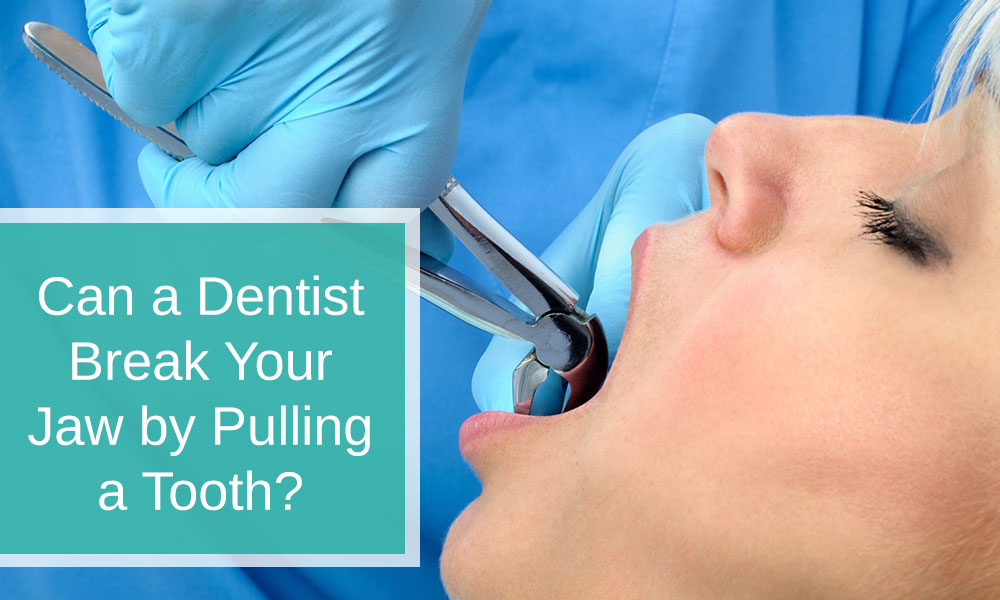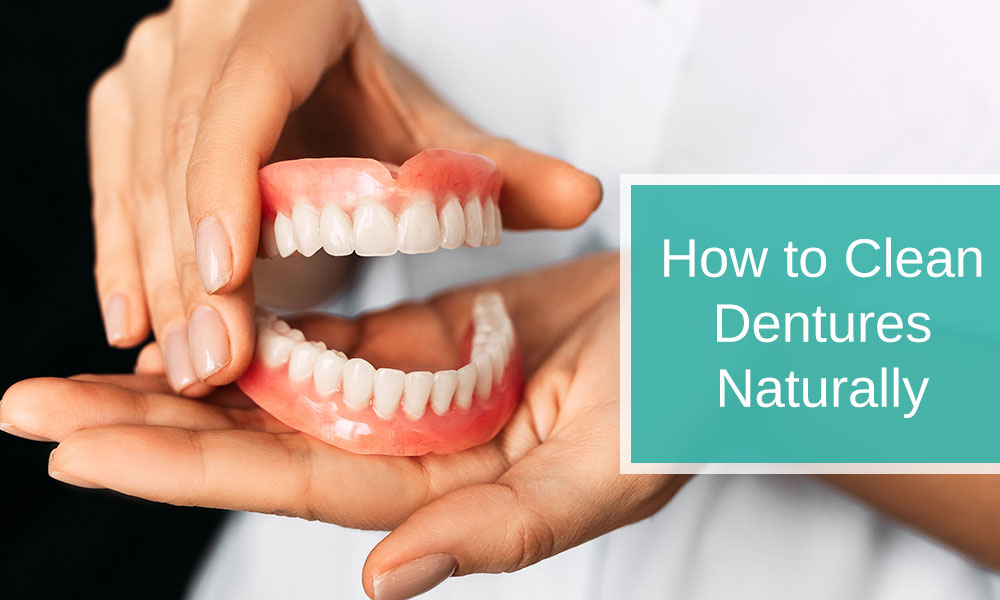I. Understanding the Importance of Dental Crowns Dental crowns are not just cosmetic enhancements; they play a crucial role in maintaining oral health. Dental crowns without insurance cost between $1,000 to $1,500. When a tooth is severely damaged due to decay, fractures, or a root canal procedure, a dental crown becomes necessary. Acting as a […]
Average Dentist Appointment Cost
Dental health is a essential aspect of our overall well-being, and routine dentist appointments play a pivotal role in maintaining it. However, a common concern among individuals is the cost associated with these appointments. We will delve into the average dentist appointment cost, providing you with valuable insights to help you better understand and manage […]
How Much is Teeth Cleaning Cost Without Insurance?
The cost of teeth cleaning without insurance is on average around $130 depending on where you are located. Taking care of your oral health is not just about maintaining a beautiful smile; it’s an investment in your overall well-being. However, concerns about the cost of teeth cleaning without insurance can be a significant barrier to […]
Will my Face Swell After Wisdom Teeth Extraction?
Introduction Embarking on the journey of wisdom teeth extraction prompts questions about potential side effects, with facial swelling being a common concern. This comprehensive guide aims to provide insights into the factors influencing facial swelling, what to expect during the post-extraction period, and effective ways to manage and prevent swelling. Understanding the Wisdom Teeth Extraction […]
Why my Upper Teeth Are Forward
3.1 Genetics Genetics plays a significant role in determining the alignment of your teeth. The size and shape of your jaw, as well as the position of individual teeth, are inherited traits. If your parents or close relatives have forward upper teeth, there’s a higher likelihood of you experiencing a similar dental alignment. 3.2 Habits […]
Teeth Sensitive After Cleaning
Experiencing tooth sensitivity after a dental cleaning can be discomforting, but understanding the causes and remedies can help address this issue effectively. In this comprehensive guide, we’ll explore the common reasons behind tooth sensitivity post-cleaning and provide actionable tips to manage and prevent it. Common Causes of Tooth Sensitivity Understanding why teeth become sensitive after […]
Can a Dentist Break Your Jaw by Pulling a Tooth
Welcome to our comprehensive exploration of a common concern: Can a dentist break your jaw by pulling a tooth? Dental procedures often evoke anxiety, and debunking myths is essential for informed decision-making. Understanding Tooth Extraction 2.1 The Dental Extraction Process To understand if a dentist can break your jaw during tooth extraction, let’s delve into […]
Is Dry Socket Dangerous?
Tooth extraction is a routine dental procedure, but complications like dry socket can arise, prompting questions about their severity. In this guide, we’ll explore the intricacies of dry socket, its potential dangers, and how to navigate the recovery process. Understanding Dry Socket 2.1 What is Dry Socket? Dry socket, scientifically known as alveolar osteitis, occurs […]
How to Clean Dentures Naturally?
Ensuring the longevity of dentures involves steering clear of common cleaning pitfalls. Let’s uncover these mistakes and understand how to avoid them: By understanding and avoiding these common mistakes, individuals can significantly contribute to the longevity and effectiveness of their dentures. Materials Needed for Natural Denture Cleaning Embarking on the journey of natural denture cleaning […]
Drinking Water After Wisdom Teeth Removal
“Drinking Water After Wisdom Teeth Removal” is a topic of interest for those undergoing the common dental procedure of wisdom tooth extraction. The article explores the safety and recommendations regarding fluid intake, specifically water, following the removal of a wisdom tooth. Overview of Wisdom Teeth Wisdom teeth, also known as third molars, are the last […]










